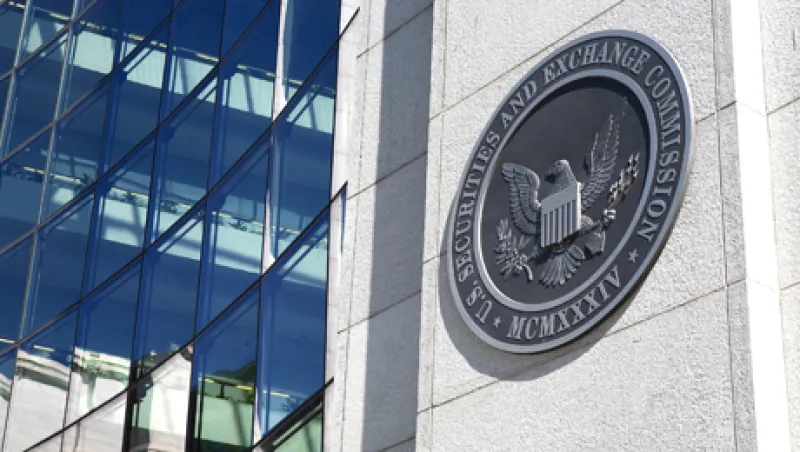
SEC Rewards More Cooperation
Two more individuals benefit from commission’s new program to go easy on cooperative subjects of investigations.
Stephen Taub
April 13, 2012



